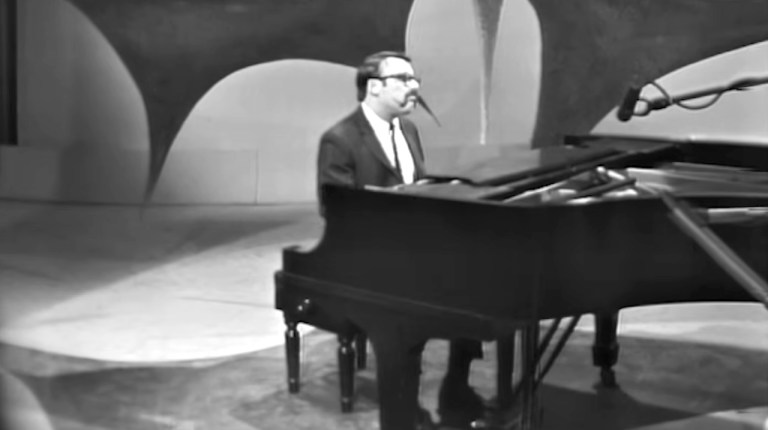How Words Are Shortened in the English Language
Patrick Foote of Name Explain gave several examples of words that have been shortened in the English language, why we feel the need to do so, and the various grammatical terms that govern word shortening. This includes clipping, abbreviation, acronym, initialism, diminutive, contraction, and logogram.
Words are constantly being shortened. We shorten words for a variety of reasons. We do it to make them more efficient for brevity reasons and sometimes shortened forms of words come into being due to the way we communicate. In spoken communication we sometimes casually drop parts of words to shorten them and then that becomes a word unto itself. Likewise in written communication we can cut corners too.
Examples include omnibus to bus (clipping), laboratory to lab (clipping), mister to Mr. (abbreviation), laugh out loud to LOL (abbreviation), North Atlantic Treaty Organization to NATO (initialism), duck to duckling (diminutive), do not to don’t (contraction), and emojis (logogram).






